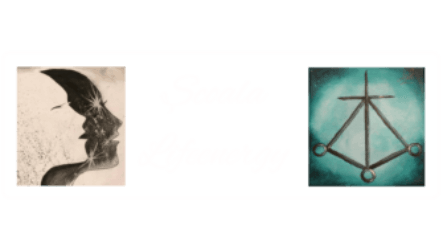
Addictions: A Personal and Social Problem
Addictions are a complex and multifaceted problem, affecting not only individuals, but also society as a whole. From addiction to substances, such as alcohol and drugs, to compulsive behaviors, such as gambling and excessive use of technology, addictions have devastating effects on mental, physical, and social health. In this article, we will explore the process of awareness, acceptance, treatment and social reintegration of people facing addictions.
Addiction Awareness
The first step in addressing addictions is awareness. Many individuals and families do not recognize the early symptoms of addiction, either due to lack of information or denial. Common signs of addictions include:
- Behavioral changes: Isolation, aggressiveness, loss of interest in activities that were once attractive.
- Health problems: Sudden weight loss or gain, sleep problems, frequent illnesses.
- Financial problems: Increased debts, lack of money, neglect of financial responsibilities, usury, sale of personal valuables and sometimes even theft from the patrimony of those close to you and beyond.
Awareness can be facilitated through public information campaigns, educational programs in schools, and support from communities and mental health professionals.
Acceptance of Addictions
Acceptance is an essential step in the healing process. For the vast majority, acknowledging that they have an addiction problem is difficult due to social stigma and fear of judgment. It is important to join a support group where they will feel safe to express their inner struggles without fear of ostracism. Support groups, individual counseling and family support play a crucial role in this process.
Addiction Treatment
The treatment of addictions is complex and requires an integrated approach. Treatment programs may include:
- Detoxification: A critical first step in eliminating toxic substances from the body.
- Cognitive Behavioral Therapy (Individual Therapy): Helps identify and change negative thought and behavior patterns.
- Medication: It can be used to manage withdrawal symptoms and reduce cravings.
- Support groups: Alcoholics Anonymous (AA), Narcotics Anonymous (NA), and other similar groups provide long-term support.
- Group therapy through the Family Constellations method
Reintegration into the Social Environment
Social reintegration is an essential aspect of recovery. After treatment, individuals need to be supported in returning to a normal life, which may include:
- Community support: Participation in community activities and volunteering to rebuild social networks.
- Vocational education and training: Education and training programmes can help to obtain stable employment and economic reintegration.
- Continuation of the therapeutic process: Continuous therapy helps prevent relapses and manage stress and daily challenges.
Conclusion
Addictions are a major challenge on both a personal and social level. Awareness, acceptance, treatment and reintegration are crucial steps in combating this complex phenomenon. Through an integrated approach and continuous support, people affected by addictions can find their way to recovery and contribute positively to society again.
Our Therapies
-

Acupunctură (Londra)
60.00£ -

Constelații Sistemice / Familiale De Grup (Londra)
150.00£ -

Terapii Individuale
80.00£ -

Constelații Online – Karma (Grup)
60.00£ -

Constelații Online – Copilul Interior (Grup)
60.00£ -

Constelatii Online – Cele 5 elemente (Grup)
-

Respirație Conștientă (Londra)
650.00£ -

Hipnoterapie / Regresie
150.00£ -

Constelații Online – Adicții (Grup)
60.00£ -
Sale!

1. Reconectarea cu energiile primordiale
Original price was: 42.00£.0.00£Current price is: 0.00£. -
Sale!

2. Reconectarea cu puterea pământului
Original price was: 42.00£.0.00£Current price is: 0.00£. -
Sale!

3. Vindecarea copilului interior
Original price was: 42.00£.9.99£Current price is: 9.99£.




0 Comments